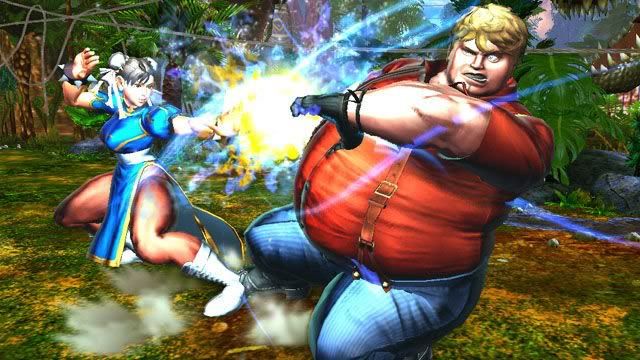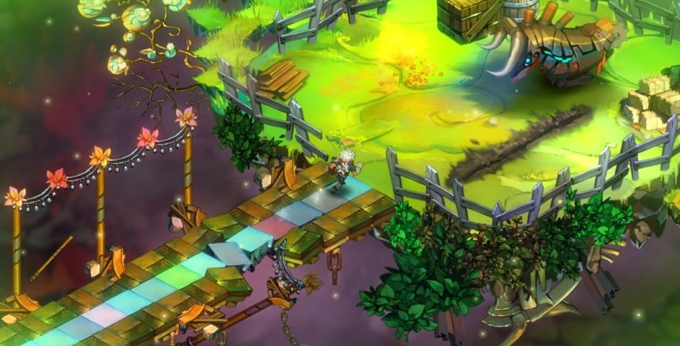This post has not been edited by the GamesBeat staff. Opinions by GamesBeat community writers do not necessarily reflect those of the staff.

When someone asks me if I'm a casual or hardcore gamer, I tell them I despise those terms. I take some titles more seriously than others, and sometimes I play games that I take less seriously (MMOs) more often than those I'm really passionate about (2D fighters, 2D platformers, Bastion). So the over-simplistic "casual" and "hardcore" labels don't really apply to my diverse tastes involving multiple genres and both sides of the Pacific.
Unfortunately, labels are exactly what these terms are, and like so many figurative names, they don't hold up to scrutiny. In fact, they're hurled as insults — the so-called hardcore lambasting the so-called casuals for ruining and "dumbing down" (another often-misused term) their favorite games while the casuals laugh by saying that gaming is something not worth taking seriously.
It needs to stop. This casual/hardcore nonsense is everywhere.
Visit a site like Shoryuken for one example. While rational 2D-fighting fans are trying desperately to explain why Capcom's vision for Street Fighter X Tekken's customizable gem system is bad for every kind of player, people on both sides of the casual/hardcore fence are content to take potshots. The self-styled hardcore wrongfully assert the gem system as a device to merely help "scrubs," woefully misunderstanding what makes a strategic game strong. The loud-and-proud casuals wrongfully proclaim the game is best played with buddies who want to grab a few beers, sit around the TV, and have some pointless fun.
Visit any community forum for any MMO, especially World of Warcraft. Blizzard is making changes to the formula in the upcoming Mists of Pandaria expansion, finally doing away with many of the faux customization options (talent trees, for example) that didn't offer much real choice to anyone looking to optimize their character. Again, rational players are rightfully claiming that these changes should have been part of the game all along, giving real choice rather than rigid cookie-cutter builds from deceptively large ability pools. But the hardcore individuals see it as a dumbing down of the experience, despite being unable to reasonably explain why while casual gamers are wrongfully misinterpreting the changes as Blizzard outright attacking more-serious players.
The debate is everywhere — in podcasts, forums, even developer commentary on their own games. And when game developers are getting in on it, it's time to worry.

More importantly, it's time to speak up.
Gamers are more diverse than these labels allow. Any one player is likely to be much more invested in some titles than others, and even then, these levels of investment aren't so easily sorted into two broad categories. Is the tournament-stream watcher who can discuss a release's particulars intelligently, despite not being a tourney player, really a casual? Is someone who plays a poorly designed game (Final Fantasy 11) for hours on end, mastering the game to enjoy a horrid grind really hardcore?
The terms have merit when used properly. We, as gamers, need to realize that both can mean a great many things, and game design can (and arguably should) encompass the spirit of both. Look at David Sirlin, a game designer and tournament player who wants to make hardcore, competitive games with as few execution requirements as possible. The aforementioned Mists of Pandaria design philosophy also qualifies.
Gaming's too complex and rich to be oversimplified by the uneducated opinions of people looking only to promote a self-serving agenda. And make no mistake, that's the only thing improper users of these terms seek to achieve.
We need to be better than that.
